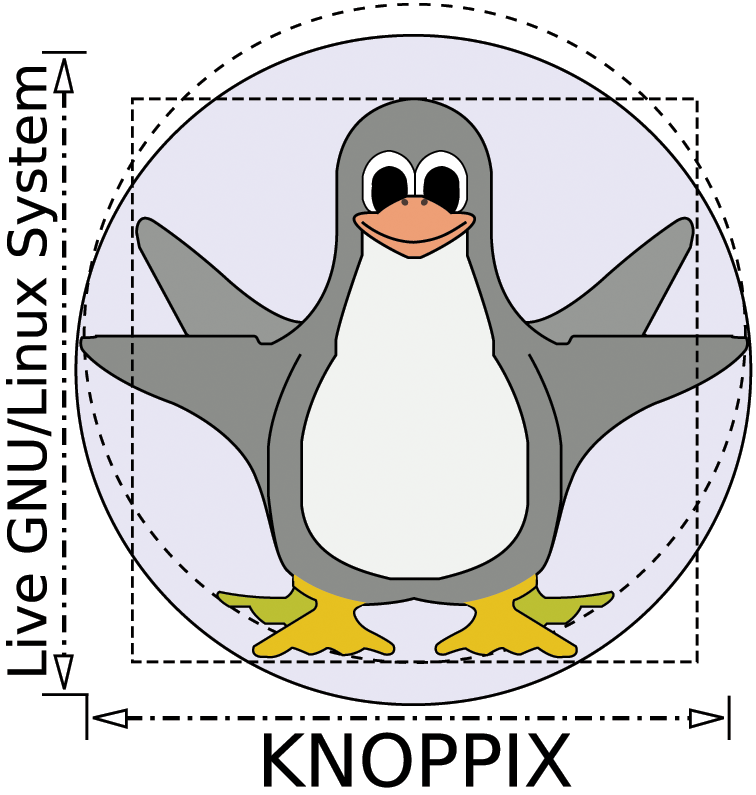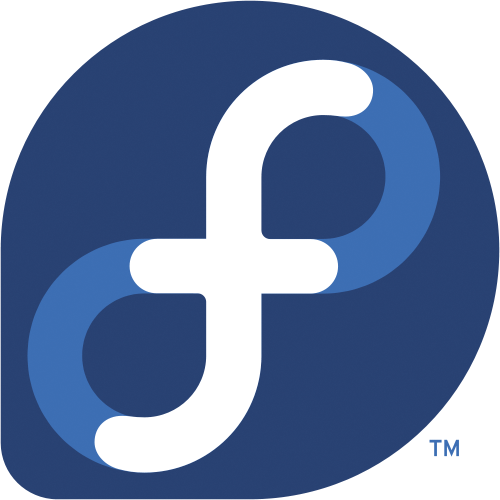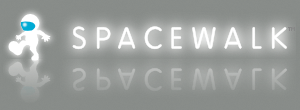Dispatches from the world of IT
News
Microsoft Embraces Linux Workloads
Microsoft is dialing up its recent policy of Linux affinity with a new emphasis on making the Azure cloud platform "the best infrastructure to run Linux workloads." The announcement, which came in a blog post by Brad Anderson, Microsoft's Corporate Vice President for Windows Server and System Center, was part of a more general discussion of cloud features for the upcoming R2 upgrade for Windows Server 2012.
Anderson begins the post by saying the Microsoft cloud is the best place for running Microsoft workloads, then he goes on to add that the Microsoft cloud will also be the best for Linux.
Microsoft has long been over its legendary efforts to squelch Linux and has been for several years open to some level of cooperation. The Azure cloud added Linux support in 2012.
The new emphasis on Linux is a result of Redmond's efforts to market their cloud as a single source for IT cloud services. According to Anderson's post, "Today, you may be using separate hypervisors, separate management tools, and separate user interfaces for your customers. You may even have separate technical staffs for the two environments. This bifurcation dramatically increases complexity and costs…"
The goal is to make sure that loyal customers who are using Azure for Windows virtualization don't have to look elsewhere for Linux support. Of course, many other cloud hosts offer both Windows and Linux support, so Anderson's blog post is not necessarily a game changer for the cloud industry, but it signals that Microsoft is strongly interested in getting better at Linux cloud support. Redmond's acknowledgment that Linux is a permanent feature of the IT infrastructure marks an increased emphasis on cloud and a de-emphasis on Windows as a solo server and client operating system in its own isolated universe.
Windows Server 2012 R2 is slated for release sometime around the end of this year.

Knoppix Version 7.2.0
Klaus Knopper has announced Version 7.2.0 of his quintessential Live Linux Knoppix. Knoppix, a full Linux OS that boots from the DVD drive, is a popular tool used by admins to troubleshoot downed Linux and Windows systems.
The latest release, which is based on Linux kernel 3.9.6, includes experimental support for booting PCs with UEFI, as well as an experimental driver for recent Atheros WLAN chips.
The software selection is based on a mixture of Debian stable (Wheezy), as well as testing and unstable. Along with an array of administration and troubleshooting tools, Knoppix 7.2.0 comes with an extensive collection of desktop applications, including LibreOffice 4.0.3, GIMP 2.8, and Iceweasel 21.0. Virtualbox 4.2.10 and KVM Qemu 1.5.0 provide virtualization, with Wine 1.5 to run Windows applications on Linux.
Anonymized web browsing includes new features for teachers and coaches interested is Desktop Sharing with VNC and RDP. Adriane, Knopper's audio desktop for the visually impaired, has evolved to version 1.5.
For more information, see the Knoppix 7.2.0 release notes. Versions are available for Knoppix on a CD (with the LXDE desktop) and DVD (with KDE 4.8.4).

Oracle Announces Support for the Azure Cloud
Oracle and Microsoft have announced a partnership that will bring Oracle software to Microsoft's Windows Azure cloud and the Windows Server Hyper-V virtualization environment. Under the terms of the agreement, Azure and Hyper-V users will have the option of official Oracle support for software products, such as Java, Oracle Database, Oracle WebLogic Server, and Oracle Linux.
According to Microsoft CEO Steve Ballmer, "Microsoft is deeply committed to giving businesses what they need, and clearly that is the ability to run enterprise workloads in private clouds, public clouds, and, increasingly, both. "Now our customers will be able to take advantage of the flexibility our unique hybrid cloud solutions offer for their Oracle applications, middleware, and databases, just like they have been able to do on Windows Server for years."
Official support for these popular Oracle software products lends credibility to Microsoft's efforts to present Azure as an enterprise-ready cloud alternative. From Oracle's viewpoint, the new agreement can only lead to new customers and a new channel for selling their support services. Additional terms of the contract were not specified.

Docker
Docker has released a new version, 0.5. The Docker project describes Docker as "an open source project to pack, ship, and run any application as a lightweight container. According to the developers, "The same container that a developer builds and tests on a laptop can run at scale, in production, on VMs, bare metal, OpenStack clusters, public clouds and more."
Version 0.5 includes a feature that makes it possible to share a volume between a docker and its host. This release also features improved port redirection. With the new self-hosted registries, administrators can now maintain a private source for Docker images.
Docker developers are also working on some features for the next edition, including an extensive Docker API. Docker is also planning to include support more platforms in the future – currently, it only runs on 64-bit system.
The source code for Docker is available in the project's GitHub repository. Ubuntu users can also tap into a PPA. Docker is still under development and isn't recommended yet for production.

Fedora 19 Released
The Fedora project has announced the release of Fedora 19. Fedora is a community Linux project sponsored by Red Hat that serves as a test bed for tools and technologies that will one day make their way into Red Hat Enterprise Linux.
The latest release, code-named "Schrödinger's Cat," also includes updates to standard components, like Gnome 3.8, KDE Plasma Workspaces 4.10, the MATE desktop 1.6, and Linux kernel 3.9.0. Other improvements include Extlinux, a lightweight alternative to the GRUB boot loader, which is intended to accelerate the boot process, especially in virtualized installations.
The Anaconda installer has been enhanced to provide better storage options and now supports Fibre Channel over Ethernet (FCoE), iSCSI, and multipath. In addition, Fedora can now become part of an Active Directory domain during installation.
Enhancements to the virtualization toolset include Open-VM-Tools, a free implementation of VMware Tools. KVM and libvirt enable efficient migration of virtualized storage, even if it was not shared between VM hosts. Additionally, Fedora 19 now comes with the recent "Grizzly" version of the OpenStack cloud-computing framework.
Fedora has also joined the ranks of other Linux distributions that have changed the default SQL implementation from MySQL to MariaDB. (MySQL is still available in the package repository.)
Puppet Version 3 provides configuration management, and Fedora's OpenLMI management infrastructure has expanded to include new monitoring and configuration options.

Spacewalk 2.0 Released
The Spacewalk system management tool is available in version 2.0. Spacewalk is the free counterpart of Red Hat's Satellite management solution. Sys admins use Spacewalk for management tasks, such as system inventory, network software installation and upgrade, system provisioning, configuration file management, and system monitoring. According to the project website, Spacewalk "…works with RHEL, Fedora, and other RHEL-derivative distributions like CentOS… Limited support for managing Debian machines is also available." The new 2.0 release includes a new Auditing feature, which lets you associate a specific administrative action, such as creating a user account, to a specific user. Also included are improvements for PostgreSQL database management. Other changes include enhanced analysis of crash reports, as well as better integration of SCAP (Security Content Automation Protocol) security specifications. New RPM packages for the Spacewalk server and the client editions are in the yum repositories for Fedora and Red Hat. You will also find SUSE packages at opensuse.org.

